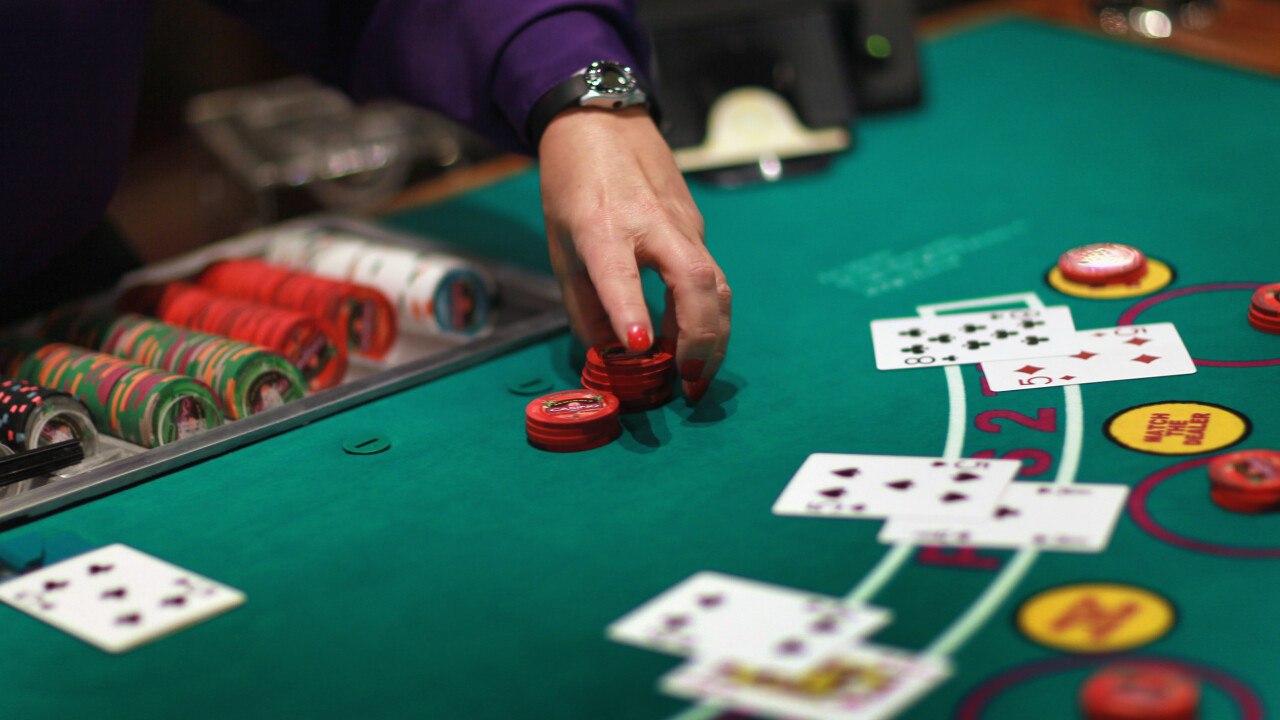
George Deeb is the Managing Partner at Chicago-based Red Rocket Ventures, a growth consulting, advisory and executive staffing firm based in Chicago.
Timing and luck are key elements for success, but they are the hardest to identify and control. Here are the key drivers to consider when trying to optimize your odds of success:
Market timing
Market timing is basically the old adage of being in the right place at the right time.
As an example, MediaRecall, my past company, had built the fastest, cheapest solution to digitize large archives of film and video content, for publishing on the Web. However, the business launched in 2006 – well before online video started to take off.
At the time, big film archives had not yet began to think about digitizing their archives. Subsequently, the company struggled to build a sales pipeline until 2009, when the rapid success of sites like YouTube and Hulu had film archives scrambling to find a way to monetizing online.
Had MediaRecall launched in 2008, it would have saved two years of burn rate. But, you are never that smart to time the market. The lesson here is to make sure there is solid customer interest for your product, before investing too heavily in your business (e.g., the lean startup principle). Many people like to think they are predicting the future of the market with their product, but be patient before putting all your eggs in one basket.
Economic conditions
Economic conditions are entirely out of your control once you get started. Another one of my company, travel startup iExplore, launched its site in February 2000 in the peak of the dot com boom. However, the dot com bubble burst one month later, making it immediately an uphill slog right out of the gate.
Had we launched three years earlier, riding the momentum of the dot com wave would have made it much easier to grow the business. Or, even worse, nobody could have predicted September 11 tragedy, and the negative impact that event would have on both the economy overall, and especially the travel industry.
The unfortunate timing almost took iExplore out of business entirely. All you can do here is to keep your business nimble, so it can easily scale up or down, based on external market conditions.
When times are good, run as fast as possible to build your coffers for the downtimes. And, when times are bad, defer all unnecessary investment. If you ever need to shut your business down, do it quick before burning through capital.
Execution speed
Execution speed simply means build your business at light speed, and where you can, be a first mover in your space. Continually distance yourself from your competitors. And, better yet, using Google or Amazon as an example, try to widen your lead over your competitors to make the gap insurmountable.
Never get “comfortable” with your success. Continually have a sense of “controlled paranoia,” pushing your research and development efforts and sales and marketing tactics to new heights in each year. The turtle never wins this race.
Keep a clear focus on continued and accelerating growth, holding your competitors further back in your rear-view mirrors.
Knowing how long to ride the wave
On the sell side of your venture, it is important you know how long to ride the wave. Don’t make the mistake of the riding the story too long. A wild factor may change to hurt the business (e.g., market conditions, competition) that will result in a much lower sale price, had you exited at an earlier time.
Equally important, the prospective buyer of your business will want to see upside on their investment. They will not want to buy a story that they perceive has reached its full potential.
And, overriding all of this? Luck! Carry your four leaf clovers and rabbit feet in your pocket at all times. Startup success is 80 percent timing and 20 percent luck – just make sure to put 101 in your hustle.
Read next: What to consider before selling your startup to big companies
Get the TNW newsletter
Get the most important tech news in your inbox each week.







